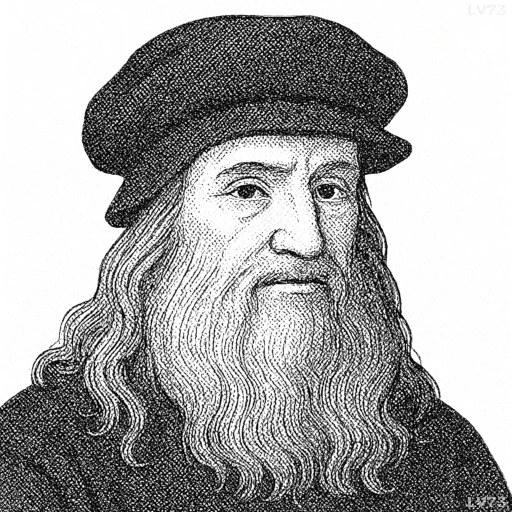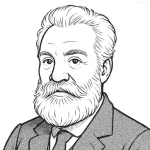“Poor is the pupil who does not surpass his master.”

- April 15, 1452 – May 2, 1519
- Italian
- A versatile man (painter, sculptor, architect, inventor, scientist, etc.)
table of contents
Quote
“Poor is the pupil who does not surpass his master.”
Explanation
In this quote, Leonardo da Vinci expresses the idea that a true pupil or learner should not only gain knowledge from their teacher but should ultimately surpass them. The quote emphasizes the importance of growth and progress in the learning process—suggesting that if a student does not build upon the foundation laid by their master, they have not fully fulfilled their potential. Da Vinci encourages advancement and innovation; the ideal pupil is one who takes the lessons of their teacher and exceeds those teachings, contributing new ideas and taking the knowledge further. In this way, the pupil honors their master by continuing the work and pushing it beyond its original limits.
Historically, this quote reflects Da Vinci’s Renaissance humanism, which celebrated the pursuit of knowledge and intellectual progress. During this period, students were expected to learn from the great thinkers of the past, but also to question and expand upon their ideas. Da Vinci, himself a student of both art and science, did not see his teachers as the end of his learning journey. He believed in continuous discovery, innovation, and the idea that the master is only a stepping stone in the process of evolution and personal growth.
In modern terms, this quote speaks to the importance of self-improvement and the value of mentorship. It suggests that true mastery is not about remaining stagnant but about using the wisdom and lessons of others as a springboard for greater achievement. Whether in education, business, or the arts, the idea that a pupil should surpass their mentor encourages innovation and advancement. Da Vinci’s insight challenges us to aim for personal growth and to continue building on the knowledge of those who came before us, ultimately striving to make our own unique contributions to the world.
Would you like to share your impressions or related stories about this quote in the comments section?




